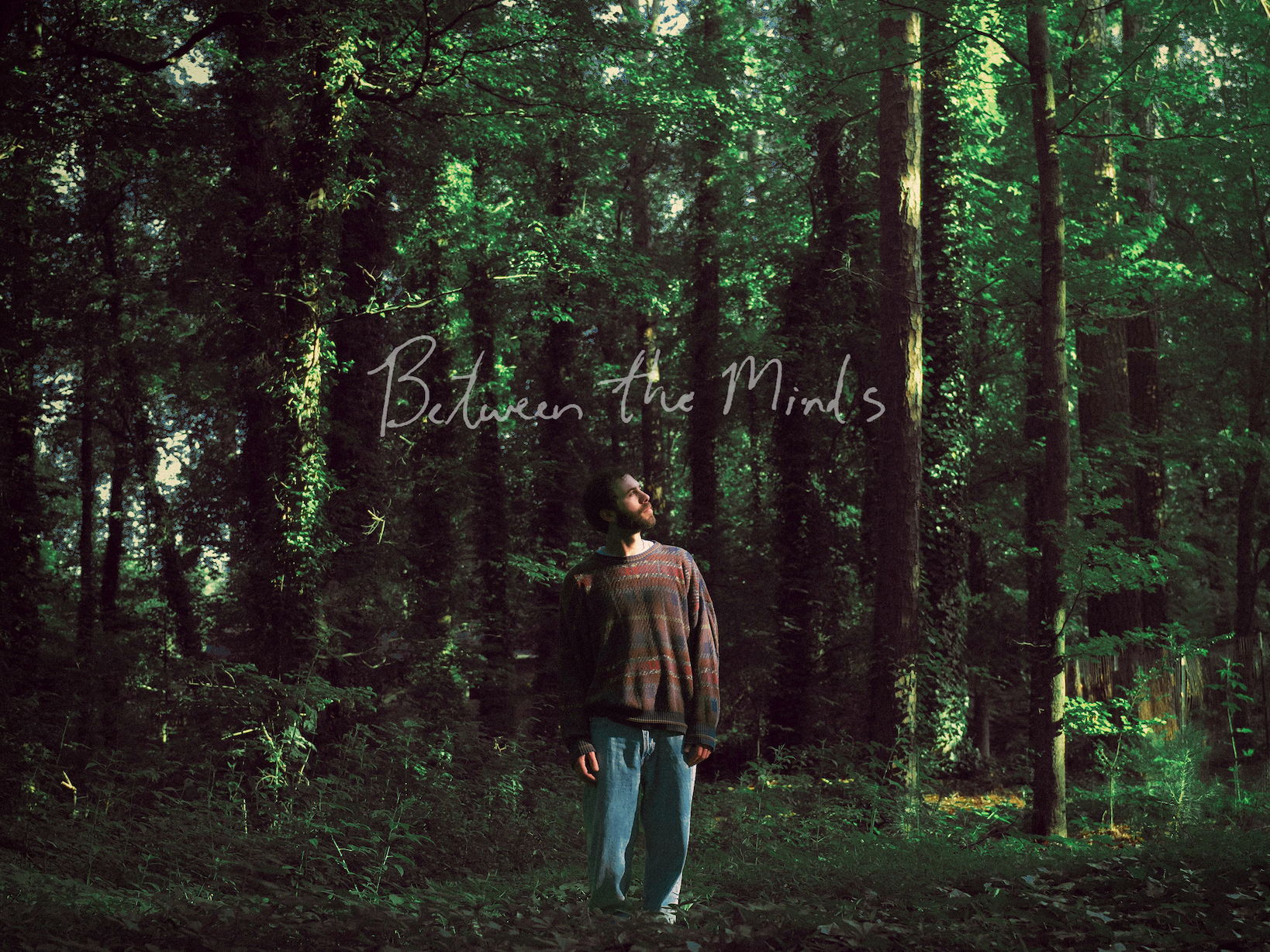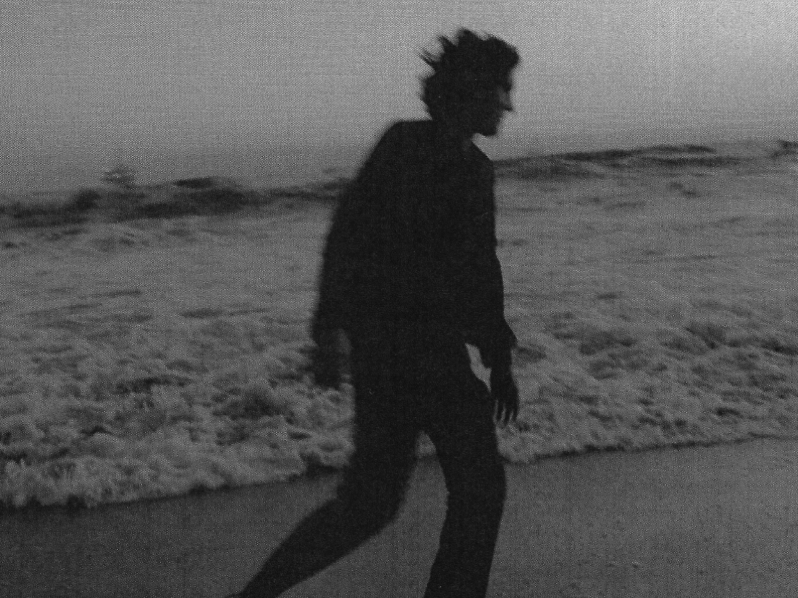JULY 11
THE ANATOMY OF A LOVE UNRAVELED
BY LUNA CARDOSO
GIVĒON steps into the most refined stage of his career with BELOVED, delivering a body of work that is both sonically intentional and emotionally vast. The album is a fully realised emotional landscape that is rich in depth, vulnerability, and restraint.
With it'S sharp lyrics and cinematic strings, the opening track, "MUD," instantly sets the stage for a story of betrayal and reclamation. His delivery reflects the weight of someone who has been hurt, confronting the betrayal directly as he sings, "You run my name through the mud," and hinting at the emotional manipulation he's experienced. It's a bold and theatrical start that places GIVĒON as the narrator of a lived-in, love-worn narrative, in addition to being the album's protagonist.
The tracks that follow are a thoughtfully chosen collection that explores the anatomy of romantic grief. Songs like "STRANGERS" and "TWENTIES" work almost like emotional chapters, focusing on time lost, identity changes, and the silent cruelties of growing apart. Tracks like "BACKUP PLAN" deepen this narrative, confronting the sting of suspected infidelity and the emotional chaos it leaves behind. Their back-to-back placement highlights the album's cohesiveness, which is one of its strongest points. BELOVED has a natural flow to it that makes it feel like a conversation you didn't expect to have, but desperately needed.
Thematically and sonically, "NUMB" emerges as a spiritual successor to "Scarred" from Give or Take. "NUMB" represents the aftermath, the detachment that follows emotional saturation, while "Scarred" lingers with guarded vulnerability, as heard in lines like "Numb to all of your emotion." Here, GIVĒON sings, "Ever since she took my love, I'm numb," with a voice that is weightless and almost ghostly. Its simplicity is devastating.
Among the project's most lyrically captivating and vocally rich tracks are "KEEPER" and "BLEEDING." The line, "I can't be what I'm not, but you gon' be the one to chase me," is an emotional premise as well as a lyric. These moments show not only artistic development but also self-awareness. BELOVED repeatedly questions heartbreak, whereas previous works lived in it.
"DIAMONDS FOR YOUR PAIN" is a beautiful track of luxurious regret that is criminally short at just over a minute. A view on performative love and the emotional cost of preservation reveals the incredible contrast between material gestures and emotional damage. It lingers even in its brevity.
Then comes "AVALANCHE," which is arguably the album's brightest work. Following the deep dives into heartache and loss, it presents a vision of love as possibilities, a rare moment of clarity and tenderness that offers a much-needed emotional reprieve. This shift is deliberate. GIVĒON isn't moping around here; instead, he's reflecting and occasionally reaching out.
He leaves us with a sense of cyclical honesty in "GOOD BAD UGLY." He tells us that love is rarely clean. But maybe that's what makes it worth documenting.
GIVĒON expresses his desire that BELOVED would bring in a new era, one where both new listeners and longtime supporters could experience his growth. That is just what he has done. This album is a statement of emotional maturity as well as arrival, not just in terms of music.









